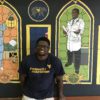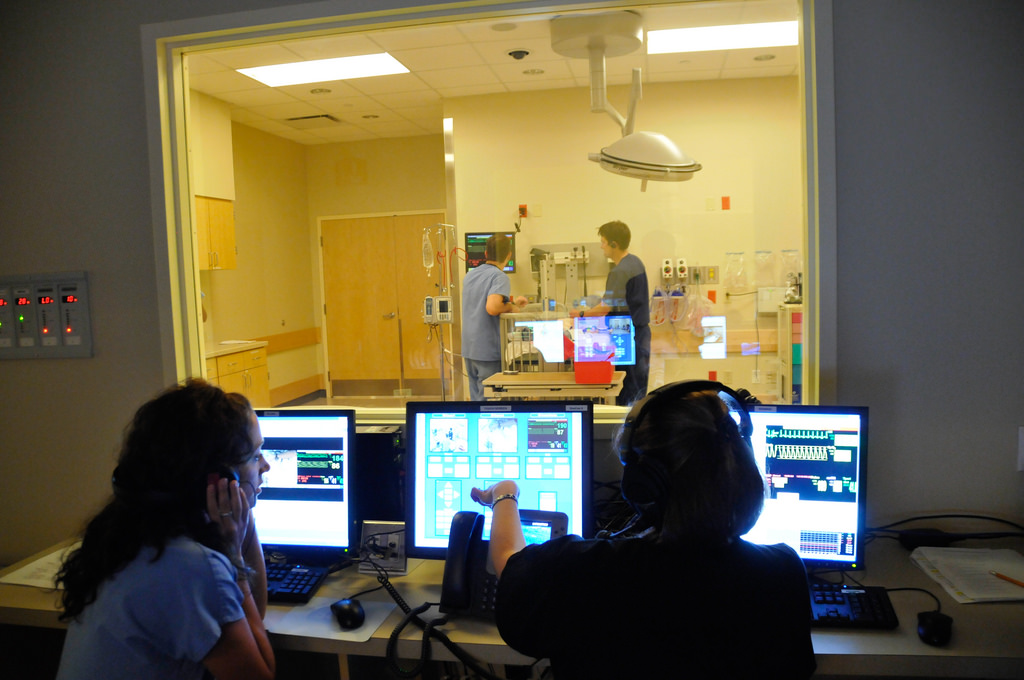 Ogaga Urhie (5 Posts)
Ogaga Urhie (5 Posts)Contributing Writer
West Virginia University School of Medicine
Ogaga is a third year medical student at West Virginia University (WVU). He intends to pursue a residency in neurosurgery and to integrate clinical research into his practice. To this end, he earned a Master of Science in Clinical and Translational Science with an emphasis in neurosurgery. In 2015, Ogaga graduated from WVU with a Bachelor of Science in biology and a minor in economics. He has been interested in the arts and humanities since high school and came to appreciate the poignant stories various forms of artwork tell during his undergrad career. He enjoys observing all forms of art and actively writes poetry influenced by his love of Victorian literature. He realized that patients and clinicians may have their own stories to tell and that the arts and humanities can help all stakeholders better connect with stories of healthcare. In this light, he designed a project with the goal of using narrative medicine to improve patients' qualities of life.
A patient in the intensive care unit (ICU) suddenly develops respiratory distress and hypoxemia. Her lungs sound clear bilaterally. She is placed on supplemental oxygen via face-mask while a chest angiography is ordered to assess the possibility of a pulmonary embolism.
 Ogaga Urhie (5 Posts)
Ogaga Urhie (5 Posts)Contributing Writer
West Virginia University School of Medicine
Ogaga is a third year medical student at West Virginia University (WVU). He intends to pursue a residency in neurosurgery and to integrate clinical research into his practice. To this end, he earned a Master of Science in Clinical and Translational Science with an emphasis in neurosurgery. In 2015, Ogaga graduated from WVU with a Bachelor of Science in biology and a minor in economics. He has been interested in the arts and humanities since high school and came to appreciate the poignant stories various forms of artwork tell during his undergrad career. He enjoys observing all forms of art and actively writes poetry influenced by his love of Victorian literature. He realized that patients and clinicians may have their own stories to tell and that the arts and humanities can help all stakeholders better connect with stories of healthcare. In this light, he designed a project with the goal of using narrative medicine to improve patients' qualities of life.

